DuSable to Obama: Video
Video
Clips from the show
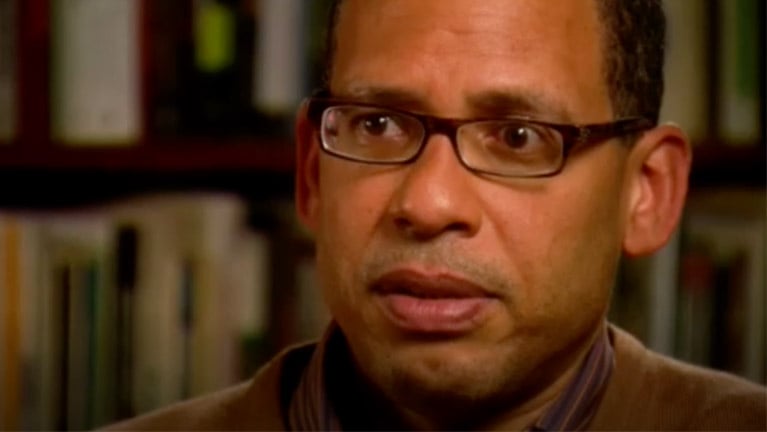
Adam Green: Bronzeville
Adam Green, professor of American history, explains why residents of Bronzeville, who lived in the neighborhood during its heyday, remember the area with profound pride and deep fondness.
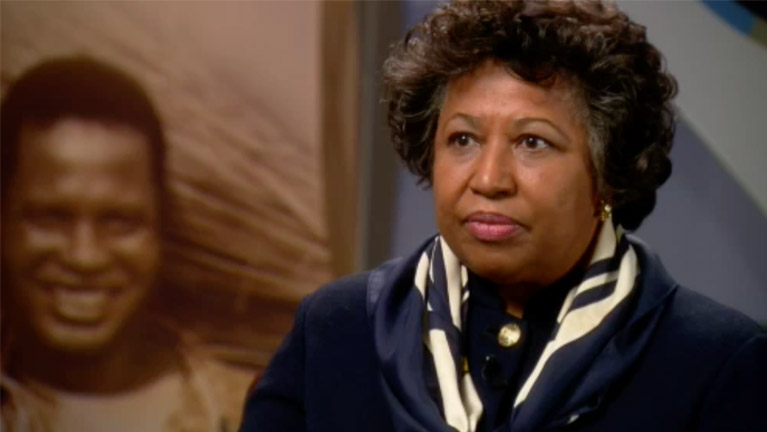
Carol Moseley-Braun: Fred Hampton
Former politician Carol Moseley-Braun describes getting to know Fred Hampton during their college years.
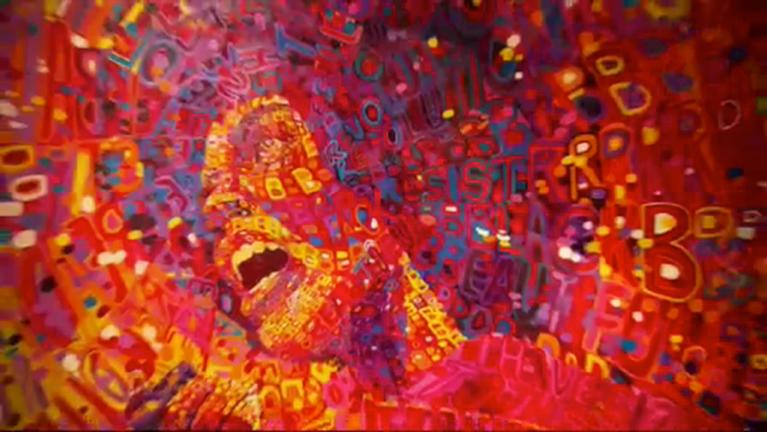
AfriCOBRA
AfriCOBRA is a collective of African American visual artists which started in Chicago in 1968 to explore and define the black visual aesthetic. In this web exclusive video, AfriCOBRA members, Napoleon Jones-Henderson and Barbara Jones-Hogu, describe the artistic philosophy of the group.
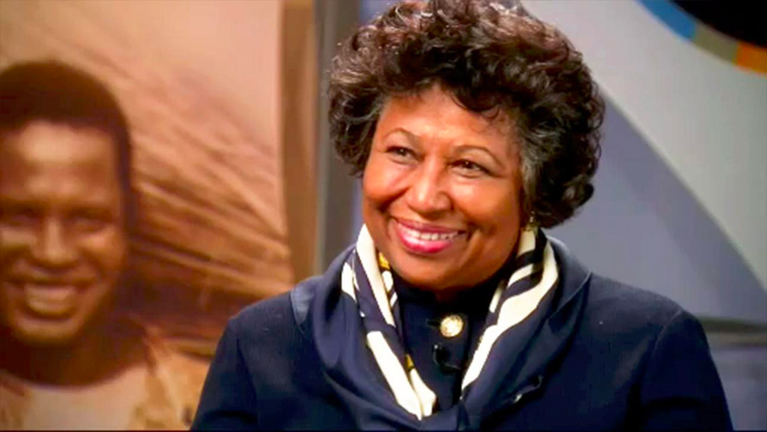
A transformational moment
Former U.S. Senator Carol Moseley-Braun calls Obama's election a transformational moment in American history.
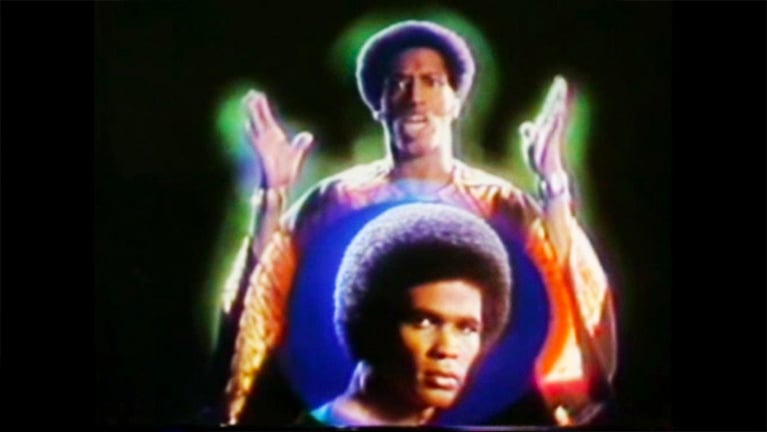
Advertising Black Pride
Marketing communications pioneer Tom Burrell is credited with revolutionizing the image of African Americans in television. This montage of Burrell's historic commercials dates from the 1970s through the 1990s.
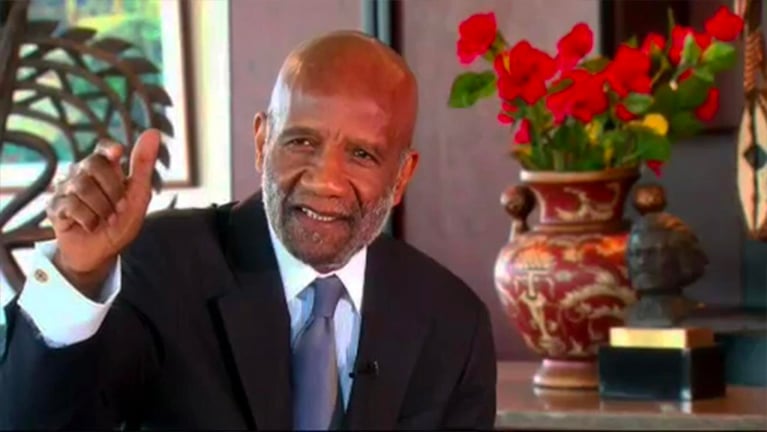
A master of disguise
Lerone Bennett tells the story of how John Johnson became a master of disguise to purchase office buildings from white owners.
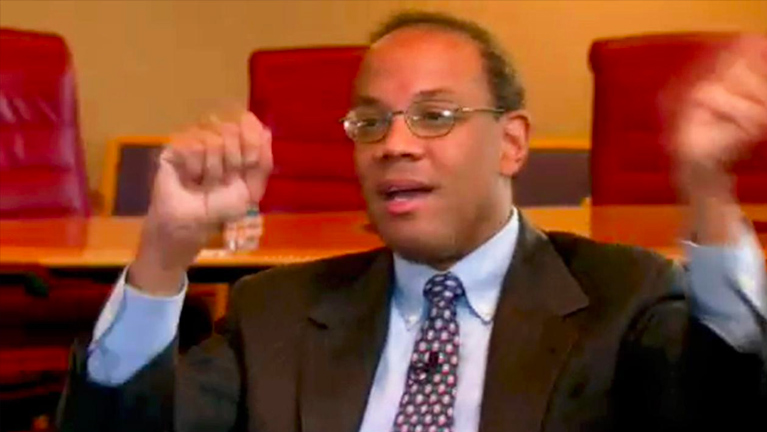
An amazing experience
Johns Rogers, investor and business executive, remembers what it was like the night Barack Obama won the Iowa caucuses in the 2008 race for the Democratic presidential nomination.
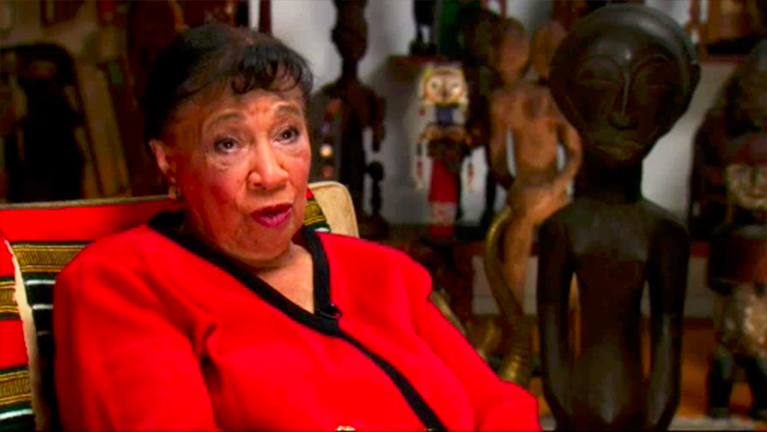
Awed by Bronzeville
Susan Cayton Woodson remembers the thrill of arriving in Bronzeville for the first time after a cross-country road trip with Gene Coleman and renowned singer and actor Paul Robeson.
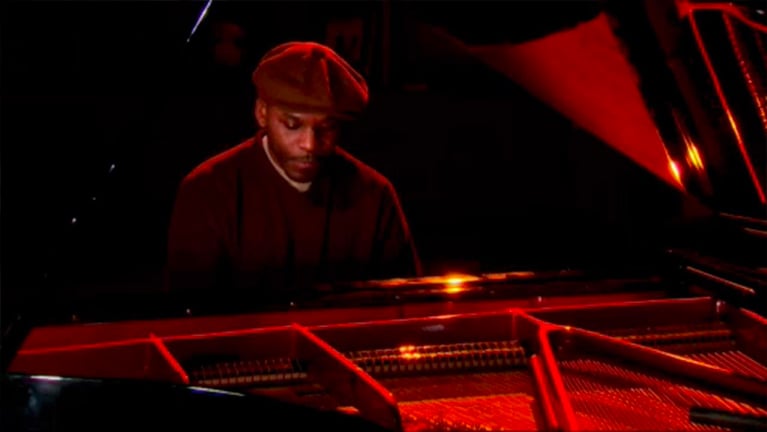
Before Jazz was Ragtime
Reginald Robinson, well known ragtime pianist, plays "Heliotrope Bouquet" by ragtime composer Scott Joplin.
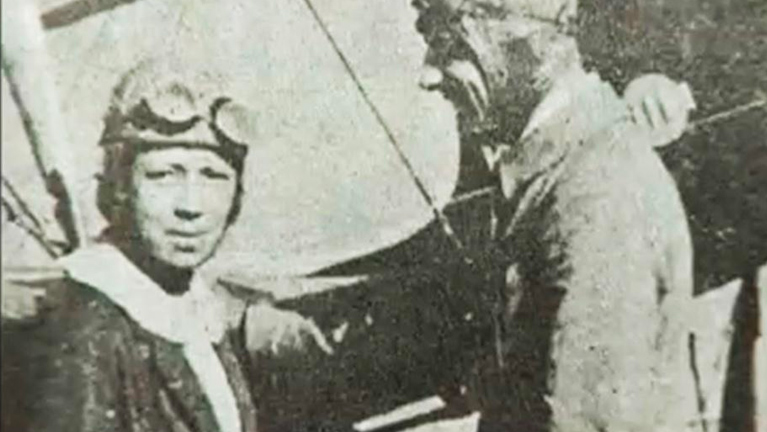
Bessie Coleman
Pioneering aviatrix Bessie Coleman becomes the first, licensed African American pilot and returns to America as a celebrity. Excerpt from the WTTW documentary, "Chicago Stories: Bessie Coleman."
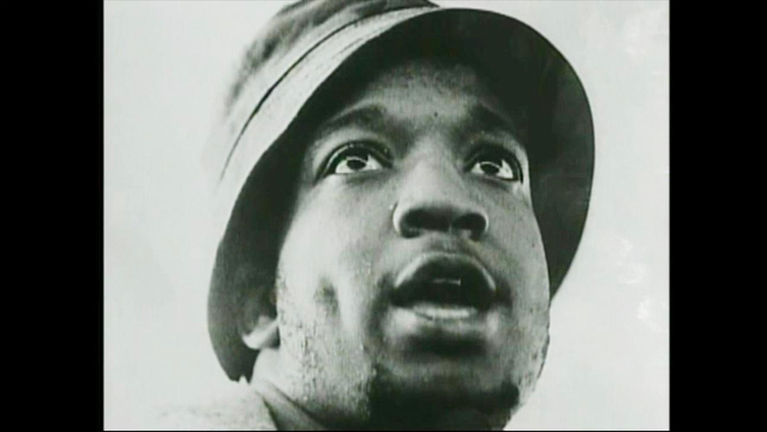
Black Panthers
The story behind the killing of Black Panther leader Fred Hampton from Chicago Stories: Fred Hampton.
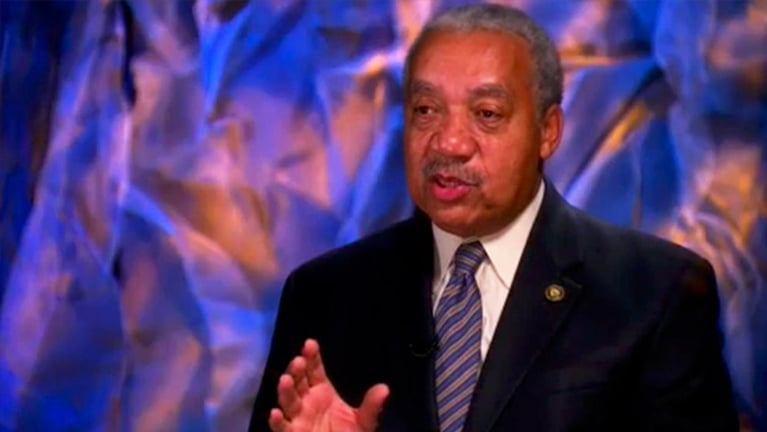
Black speakers were impressive participants
Noted historian and author Dr. Christopher Reed explains the importance of black speakers at the World's Fair.
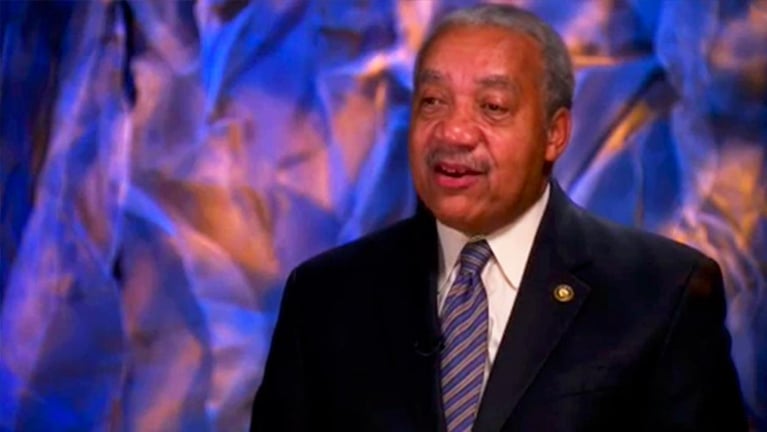
Blacks worked at the Fair
Dr. Christopher Reed, author of "All The World is Here: The Black Presence at White City," discusses black workers at the World's Fair.
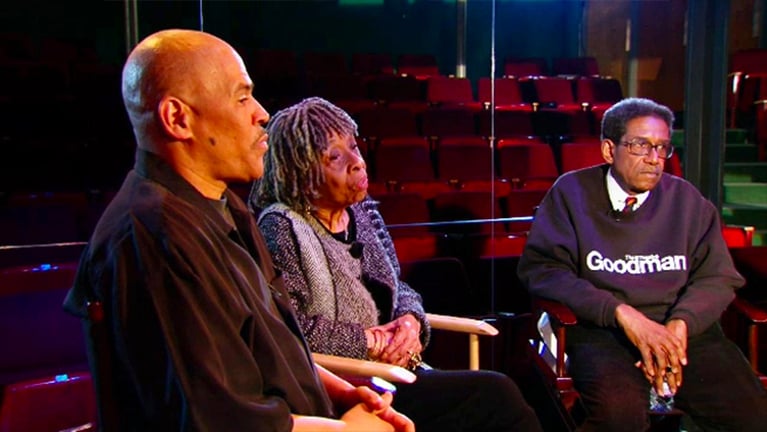
Black Theater
Four of Chicago's most celebrated African-American stage artists engage in a spirited and revealing conversation on contemporary black theater. (Screen left to right) Ron OJ Parson, Abena Joan P. Brown, Chuck Smith, and Jackie Taylor, take part in this timely and insightful discussion.
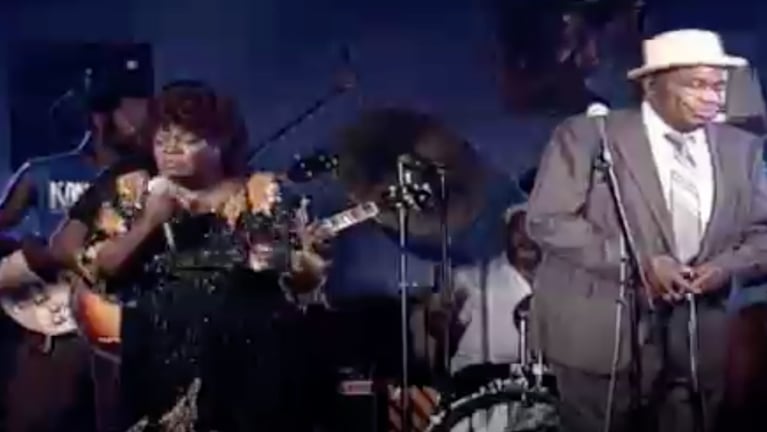
Blues legend Koko Taylor
Known fondly as the "Queen of the Blues," Koko Taylor began singing in Chicago blues clubs in the 1950s. Her gritty, powerful voice attracted the attention of Willie Dixon, another famous Chicago blues icon and record producer. Her recording of Dixon's "Wang Dang Doodle" topped the R&B charts in 1966.
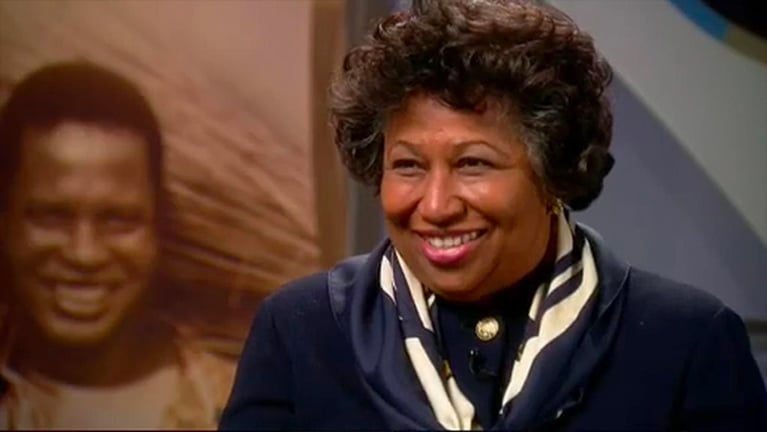
Carol Moseley-Braun
Former U.S. Senator Carol Moseley-Braun describes how Supreme Court Justice Thurgood Marshall and the Warren Court changed the direction of her life and opened the door for her political future.
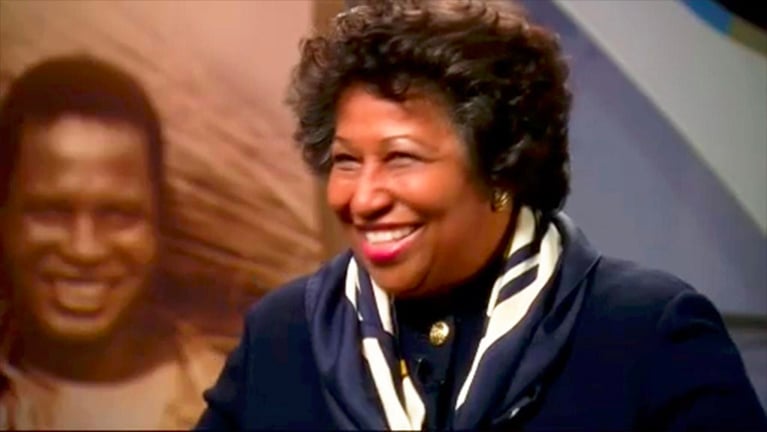
Carol Moseley-Braun: Harold Washington
Former U.S. Senator Carol Moseley-Braun fondly remembers Harold Washington and tells stories about his time in office.
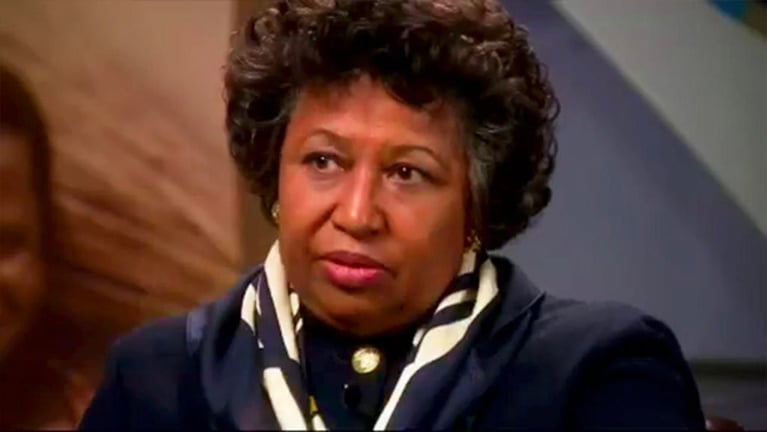
Carol Moseley-Braun: Slavery
Former U.S. Senator Carol Moseley-Braun tells the story of how abolitionist Dr. Richard Eells helped a runaway slave escape and was subsequently prosecuted under the Fugitive Slave Act. Braun also reveals an unexpected, personal connection to the case.
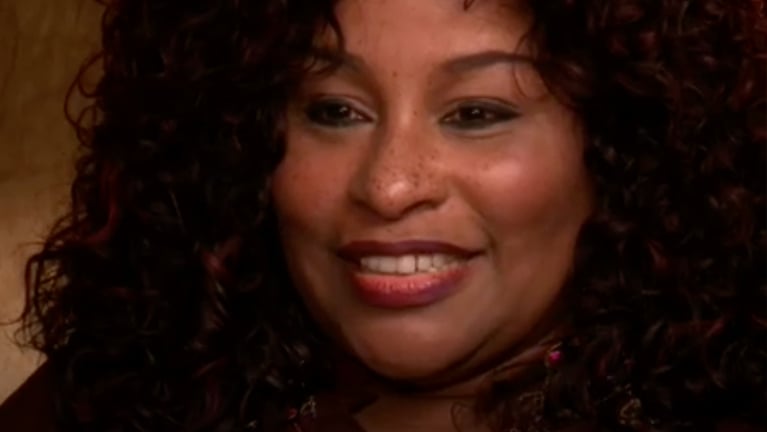
Chaka Kahn
Grammy Award-winning singer and Chicago native Chaka Kahn talks about performing with her first musical group, The Crystalettes.
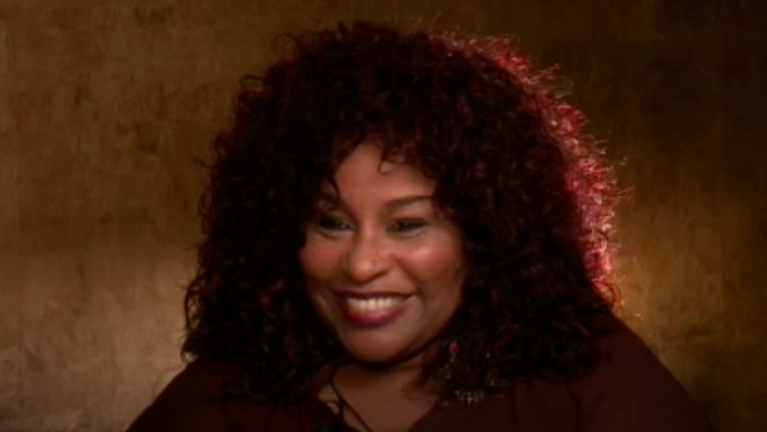
Chaka Kahn: Fred Hampton
R &B music superstar Chaka Kahn recalls her friend Fred Hampton and her participation in the Black Power movement.
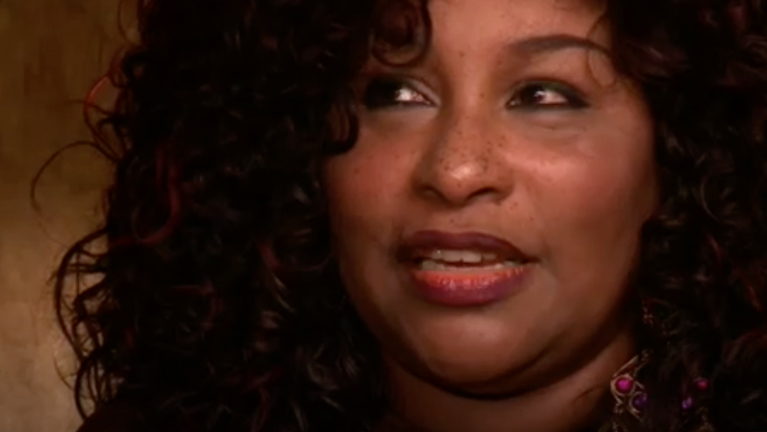
Chaka Kahn: Stevie Wonder
Multi-platinum recording artist Chaka Kahn recalls how, as a young singer, she told legendary singer/songwriter Stevie Wonder that she wanted a different song than the one he offered her. Wonder wrote a new one and "Tell me Something Good," became a Top 10 hit.
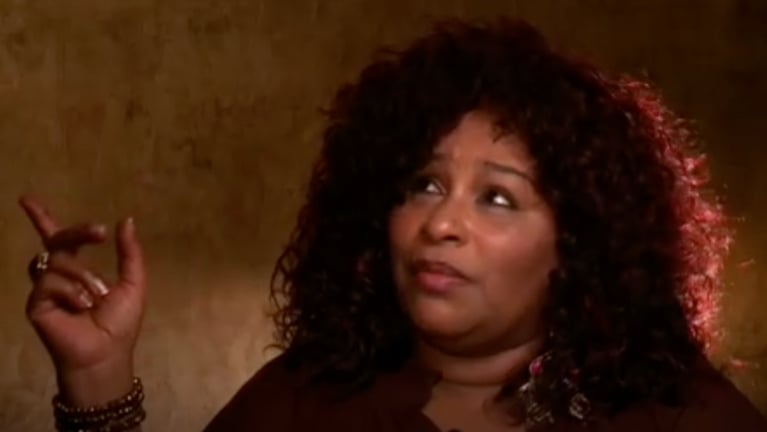
Chaka Kahn: The Band Rufus
Grammy Award-winner Chaka Kahn talks about her early days performing and her life-changing decision to join the local Chicago band, Rufus.
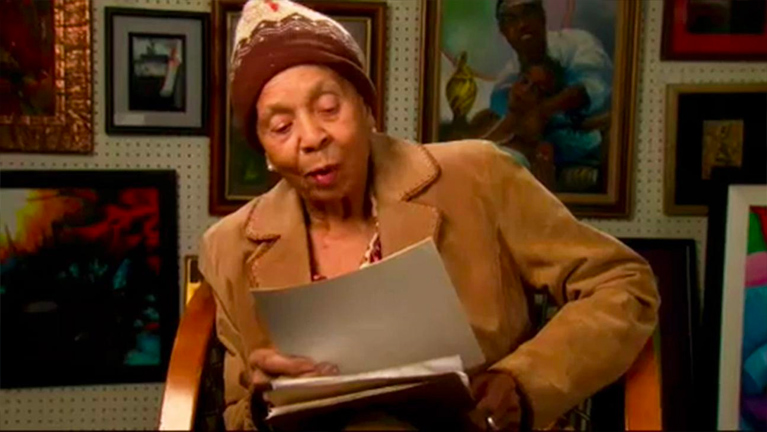
Chicago named after a sneeze?
Artist and educator Margaret Burroughs reads her essay on the wild frontier in which DuSable lived.
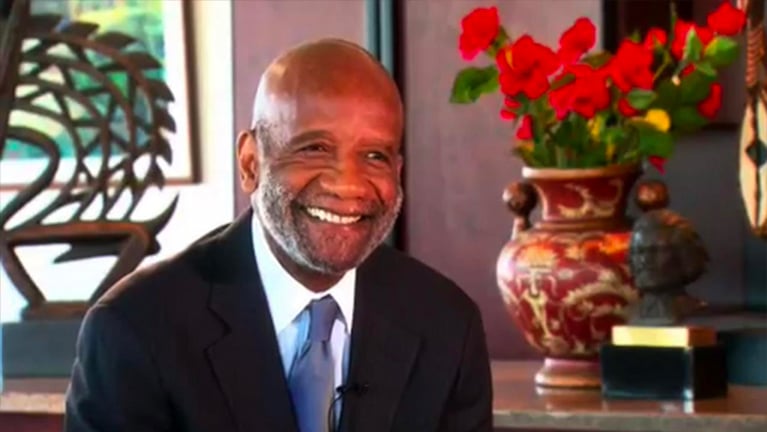
Chicago's best kept secret
Lerone Bennett, an author and noted historian, exposes Chicago's best kept secret.
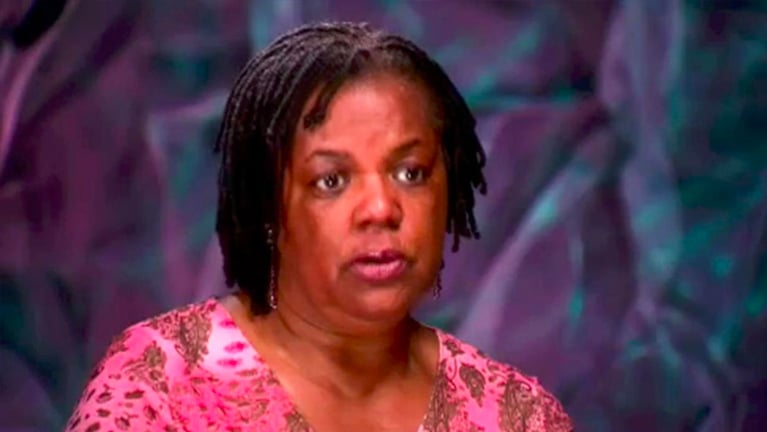
Determined women built the cabin
Marie Smith describes the unwavering determination of her aunt, Annie Oliver, and the women of the DeSaible Memorial Society.
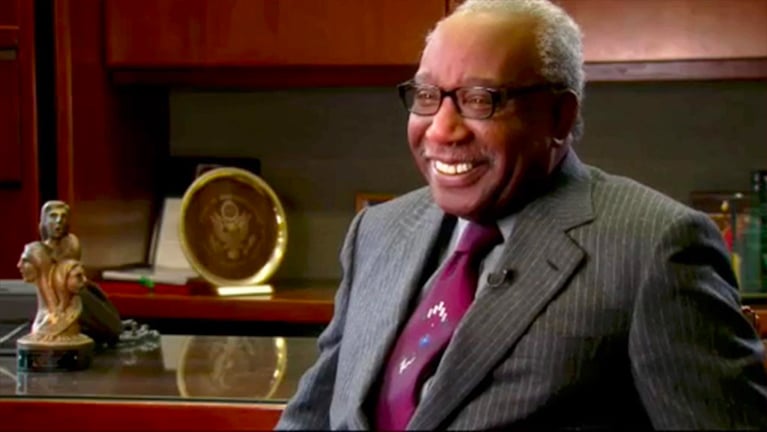
Did the blues change in Chicago?
Soul singer and politician Jerry Butler weighs in on the question, "Did the blues change in Chicago?"
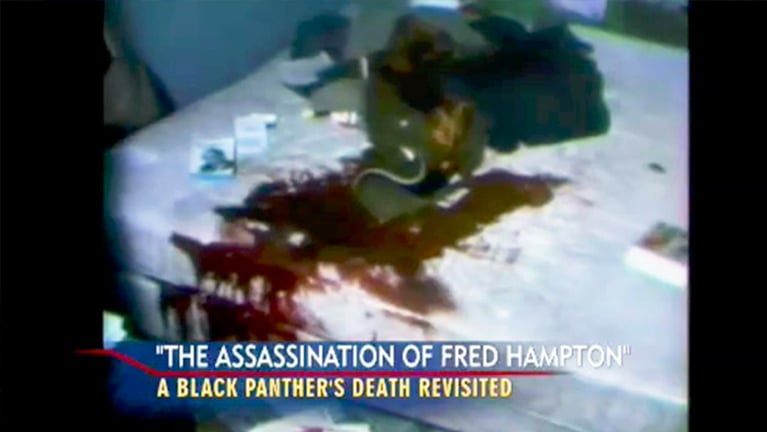
Did the FBI murder Fred Hampton?
Attorney Jeffrey Haas, author of "The Assassination of Fred Hampton: How the FBI and the Chicago Police Murdered a Black Panther," and Bill Hampton, brother of Fred Hampton, are interviewed on Chicago Tonight in 2009.
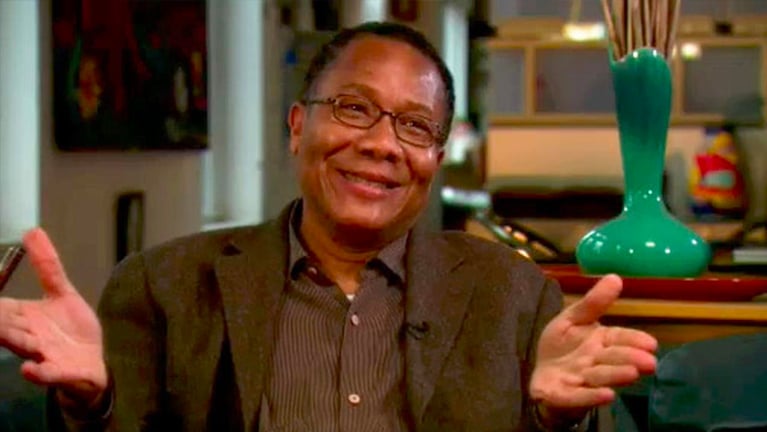
Don't count Obama out
Journalist Monroe Anderson recalls how he learned not to count Obama out in seemingly impossible elections.
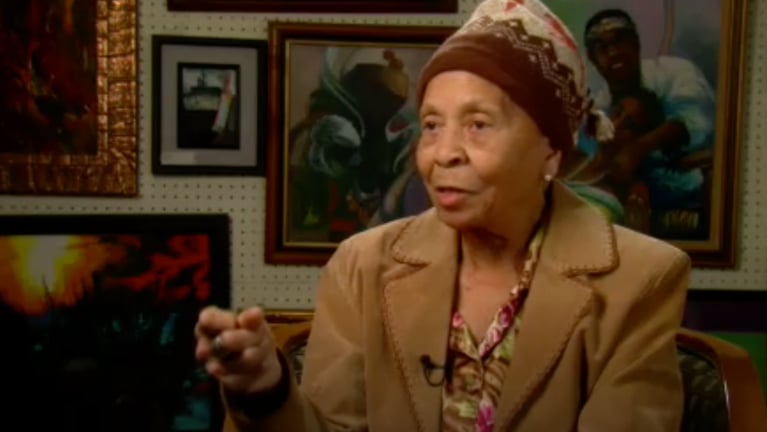
Dr. Margaret Burroughs, co-founder SSCAC
Dr. Margaret Burroughs, co-founder of the South Side Community Center, talks about the center's early years.
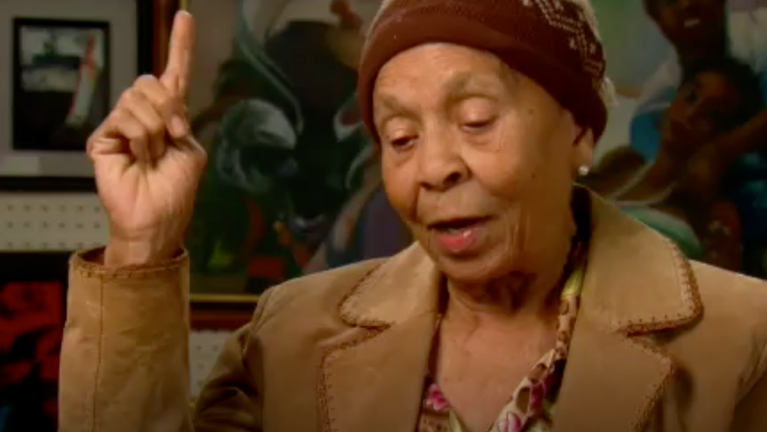
Dr. Margaret Burroughs: DuSable Museum co-founder
Dr. Margaret Burroughs talks about the genesis of the DuSable Museum.
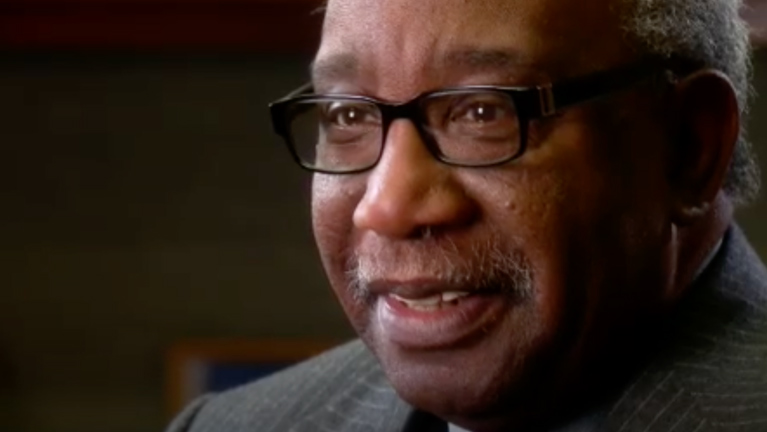
Jerry Butler: Barack Obama
Politician Jerry Butler says that Barack Obama, the man, should not be thought of as a movement.
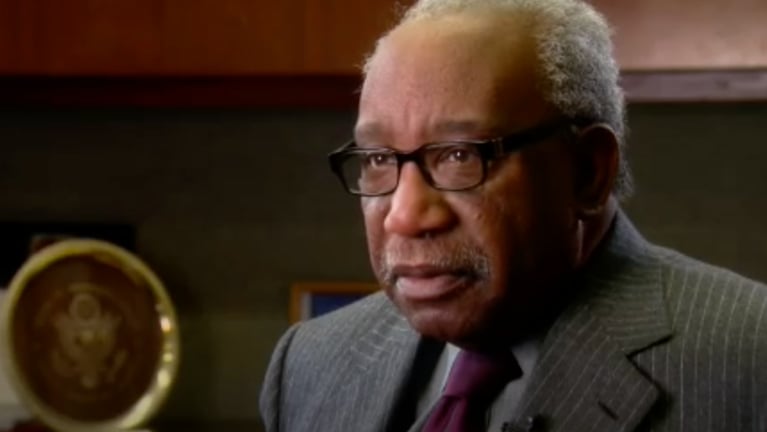
Jerry Butler: Civil Rights
Soul music pioneer Jerry Butler explains how and why many musicians got involved in the civil rights movement.
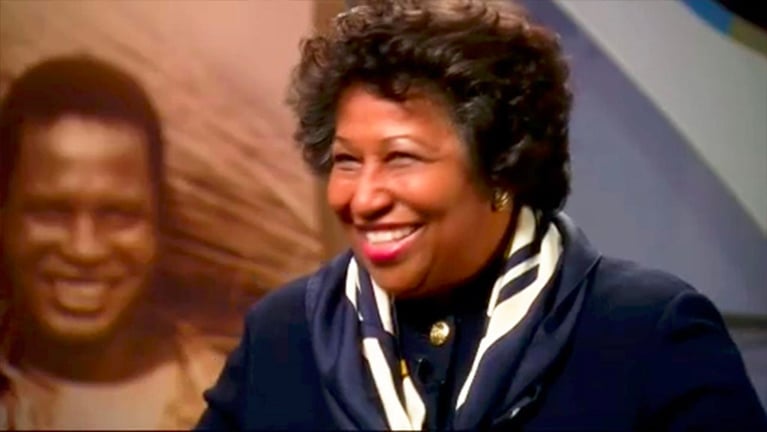
Jerry Butler: Harold Washington
Cook County Commissioner Jerry "Iceman" Butler recalls what made Washington special to voters.
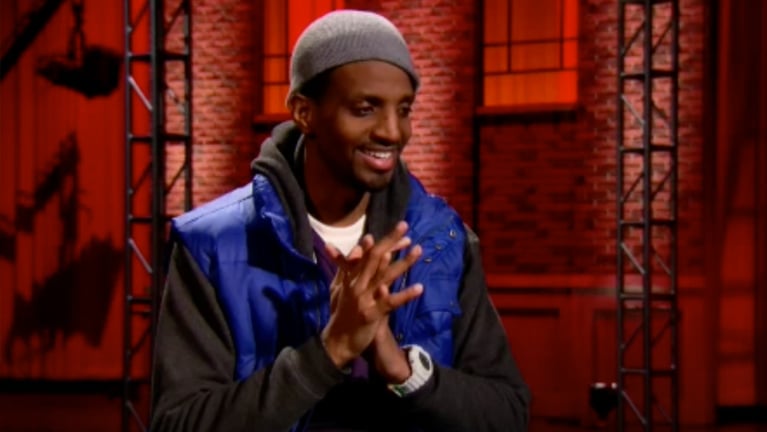
J. Ivy: Dr. King
As a young child, Hip Hop poet J. Ivy was inspired by the eloquence of Dr. Martin Luther King, Jr.
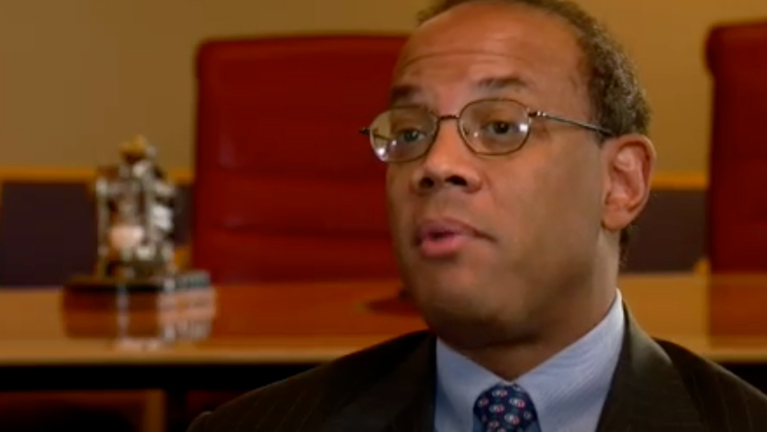
John Rogers: African American Entrepreneurs
Multibillion-dollar money manager John Rogers describes the rich history of African American entrepreneurs in Chicago.
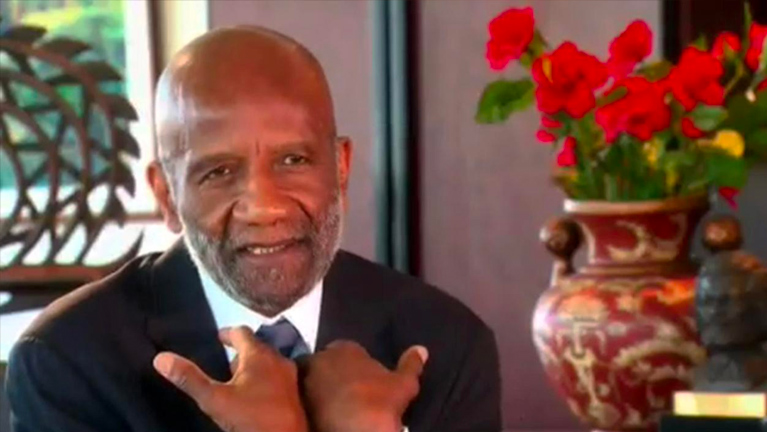
King brought change to Chicago
Author and social historian, Lerone Bennett, talks about how Dr. King had to develop new tactics to confront northern racism.
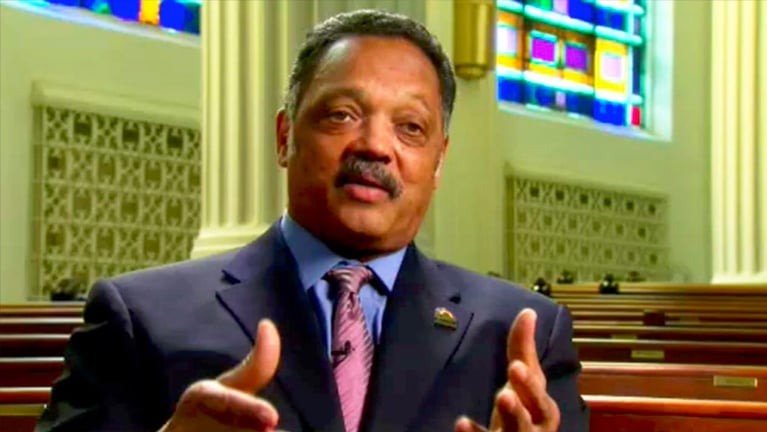
King's Crusade was successful
Rev. Jesse Jackson describes the many victories of the Chicago Freedom Movement.
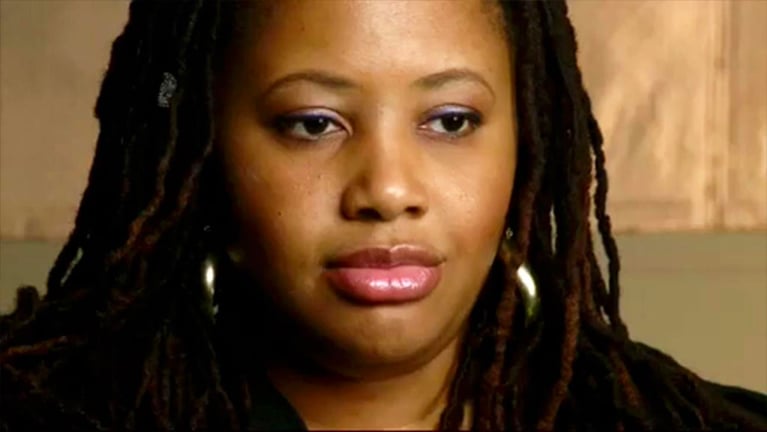
Lalah Hathaway: Soul Music
Versatile vocalist Lalah Hathaway, daughter of soul singer Donny Hathaway talks about Chicago style soul music.
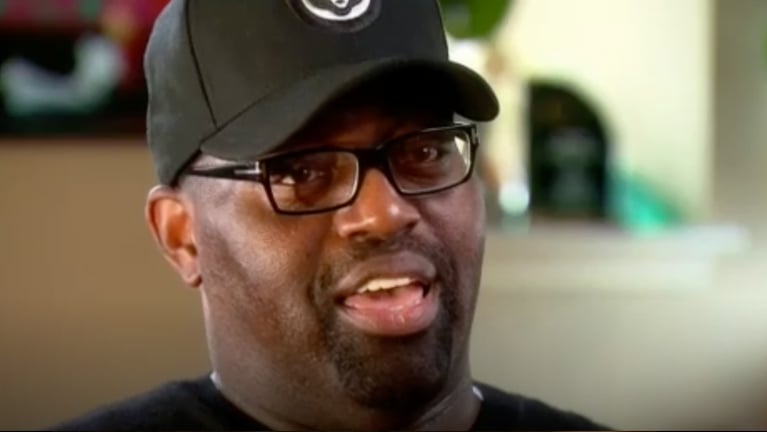
Legendary DJ Frankie Knuckles
Legendary DJ Frankie Knuckles tells the history of The Warehouse, an underground nightclub where he created the Chicago house sound.
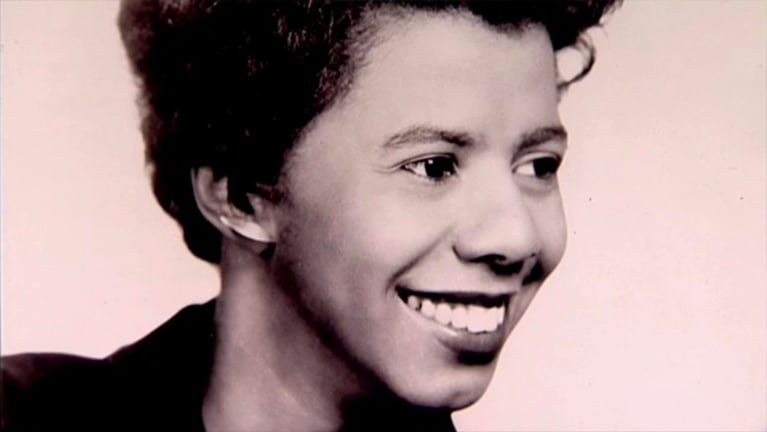
Lorraine Hansberry
Chicago Tonight coverage of the true Chicago story behind Lorraine Hansberry's play "A Raisin in the Sun."
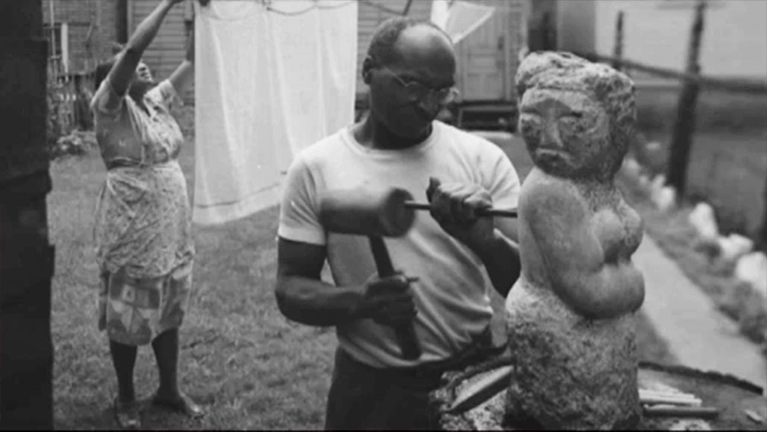
Marion Perkins, sculptor
Artist Marion Perkins's son, Useni Perkins, and Useni's daughter, Julia Perkins, describe the sculptor's life, explore his beliefs, and celebrate his art.
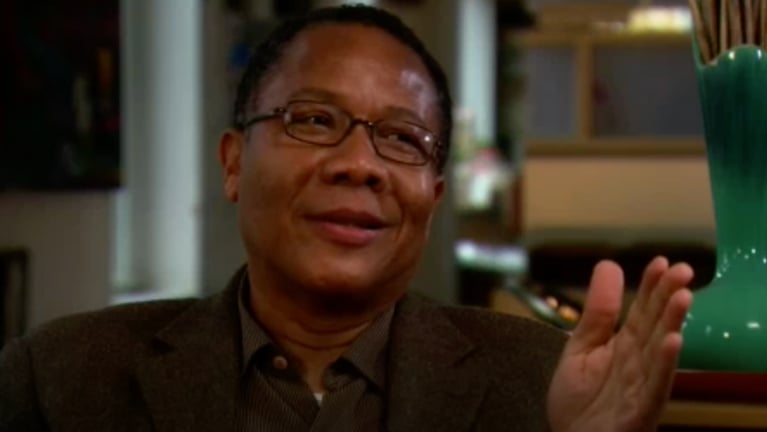
Monroe Anderson: African American Journalists
Journalist Monroe Anderson explains how African American reporters may become pigeonholed into writing about the black community.
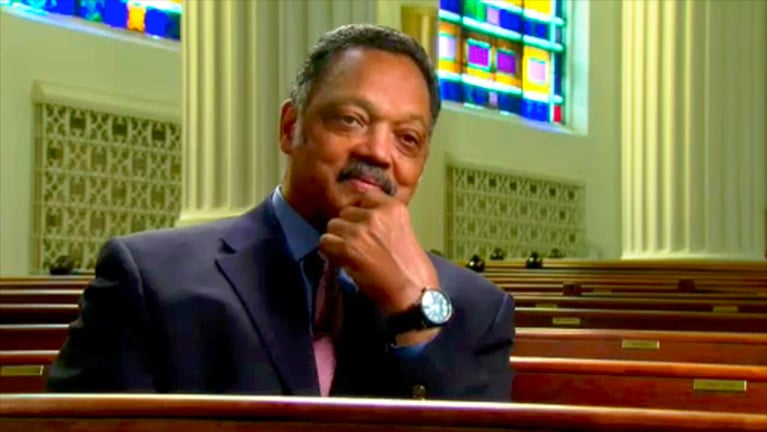
Overcome with emotion
Civil rights leader Rev. Jesse Jackson was caught on camera weeping during President-elect Obama's victory speech. In this web exclusive he describes why he was overcome with emotion.
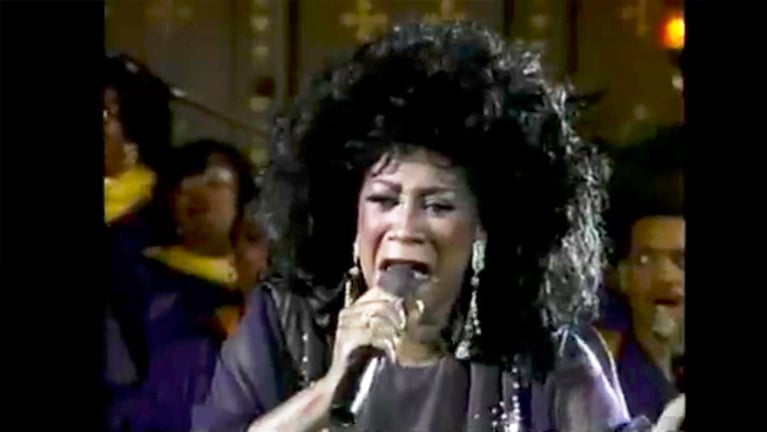
Patti LaBelle sings gospel
Patti LaBelle sings a rousing gospel song in the spirit of Thomas Dorsey's music at Chicago's Quinn Chapel as part of WTTW's 1990 program Going Home to Gospel.
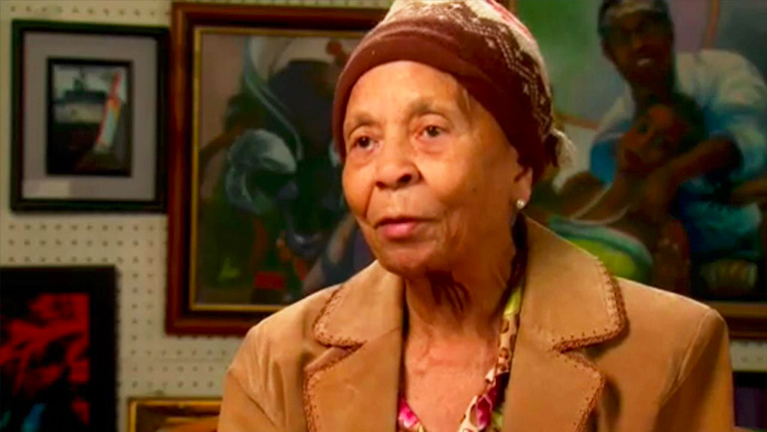
Dr. Margaret Burroughs: The Great Migration
Artist and community leader Margaret Burroughs shares her memories of coming to Chicago with her family during the Great Migration.
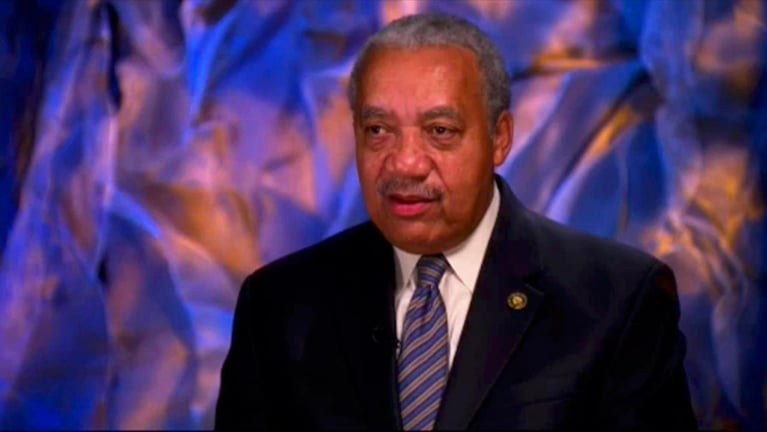
DuSable's French influence
Dr. Christopher Reed, a recognized authority on Chicago's African American history, talks about DuSable's French and entrepreneurial influence.
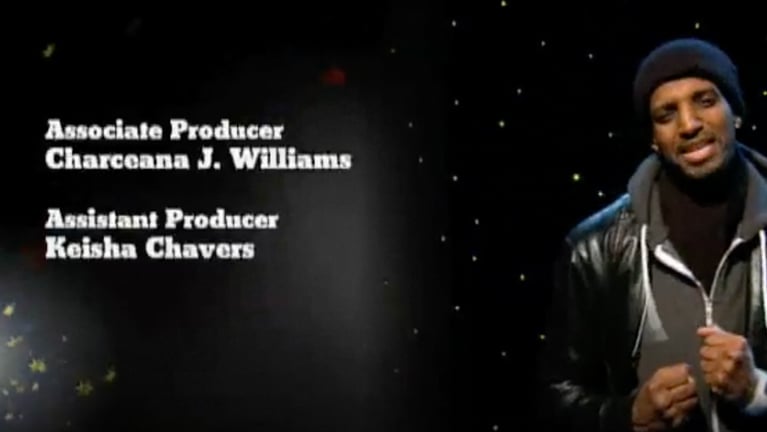
DuSable to Obama: Credits
Produced by Barbara E. Allen and Daniel Andries; Written by Gail F. Baker, Ph.D., Barbara E. Allen, and Daniel Andries; Hosted by Kellita Smith; Music Composed by Orbert Davis; Camera: Tim Boyd; Editor: Barbara E. Allen.
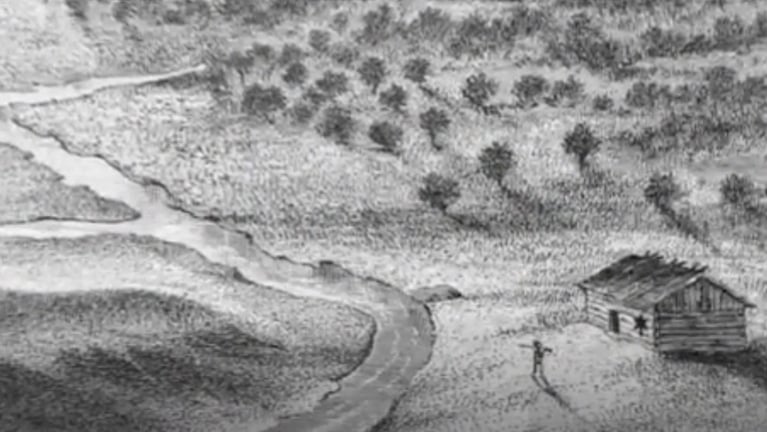
DuSable to Obama: Early Chicago
Includes: Jean Baptiste DuSable, the "Founding Father" of Chicago; slavery in Illinois; the Old Settlers; the Pullman Porters; the The Great Fire; and World's Fair 1893.
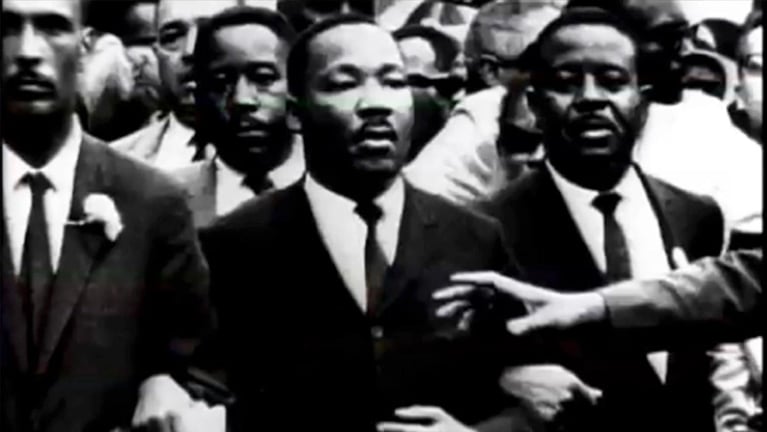
DuSable to Obama: Politics, Power, and Pride
Includes: Dawson's Black Machine; Johnson Publishing; Durham's "Destination Freedom"; Emmett Till; DuSable Museum; The Woodlawn Organization; Dr. King's Chicago Crusade; AfriCOBRA; the 1968 Riots and more...
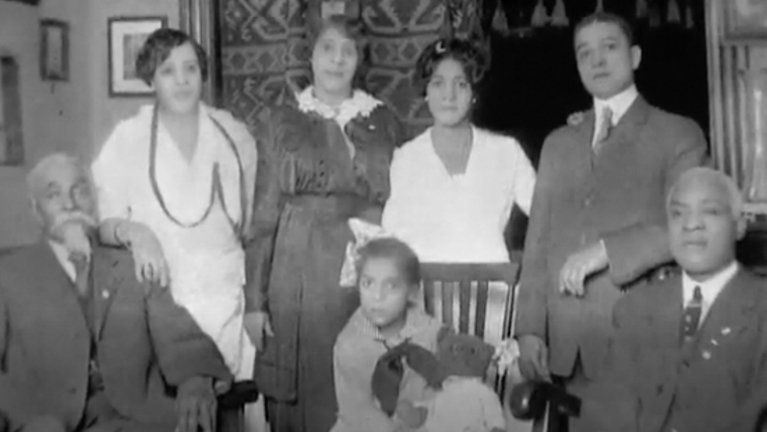
DuSable to Obama: Riots to Renaissance
Includes: the "Chicago Defender;" Jazz and Blues music; the Policy Kings; the Great Migration; Black Business development; the Race Riot of 1919; Dorsey's Gospel; the Black Renaissance; the Black Aviators and more...
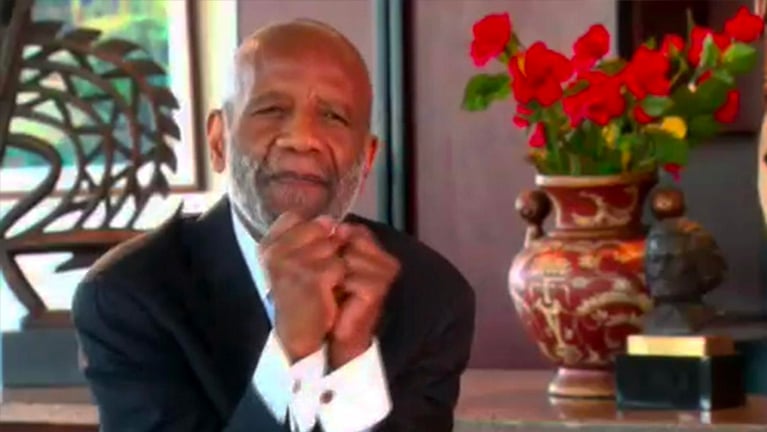
Ebony Magazine's central theme
Lerone Bennett, social historian and longtime Ebony editor, explains that seeing African Americans in every day life was a central theme of Ebony Magazine.
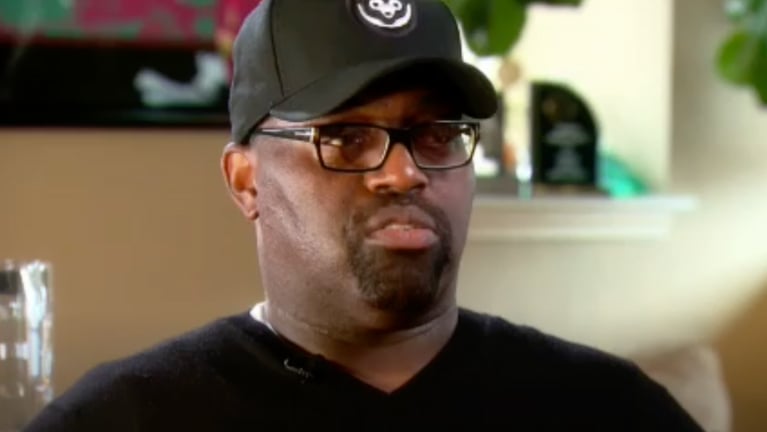
Frankie Knuckles: "What is house music?"
Frankie Knuckles, pioneering house music DJ, answers the question, "What is house music?" and describes the Chicago house sound.
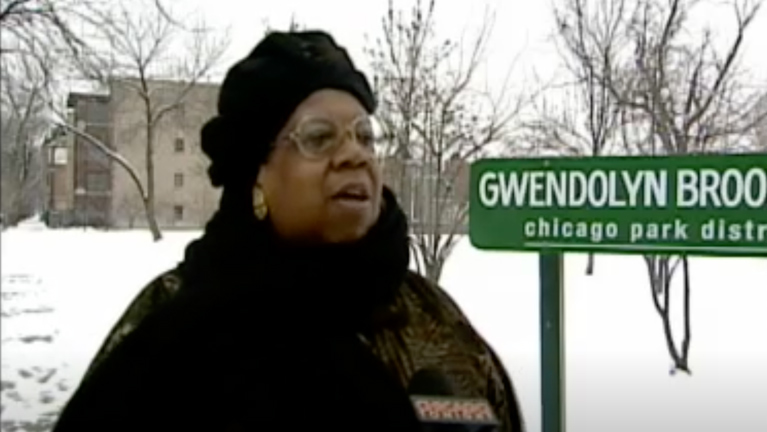
Gwendolyn Brooks
Chicago Tonight reports on the 2007 dedication of a Chicago park in honor of Gwendolyn Brooks, one of the city's most beloved and acclaimed poets.
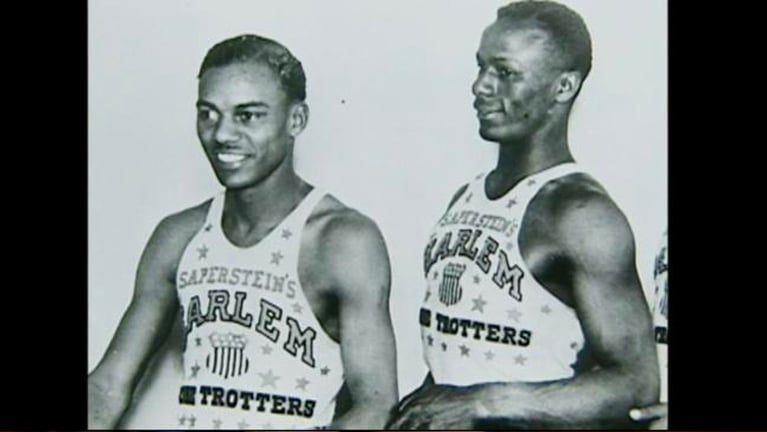
Harlem Globetrotters
Fast paced fun: The story behind the Globetrotters' unique style of basketball excerpted from WTTW's Chicago Stories: Harlem Globetrotters.
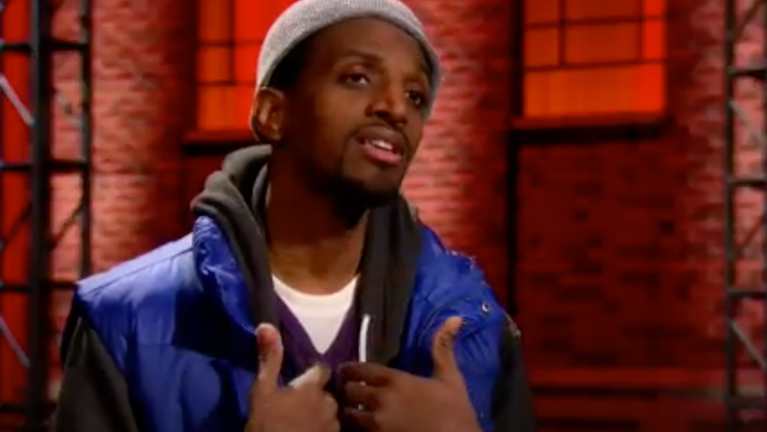
Hip Hop poet J. Ivy
Pioneering Hip Hop poet J. Ivy is a Chicago original. The Grammy Award-winning artist explains how the Windy City influences every aspect of his work.
Is Chicago a beacon for black theater?
Well known theater, television, and film actor Harry Lennix talks about the development of black theater in Chicago.
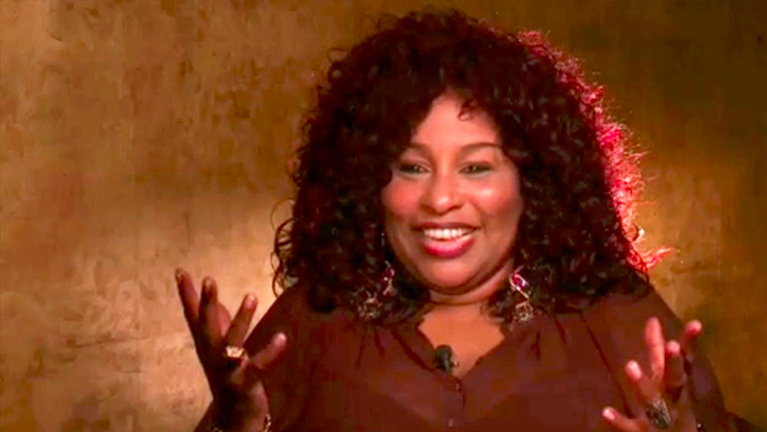
It blows your mind
Legendary singer Chaka Kahn expresses her delight in how Obama's election has changed our long held, public beliefs.
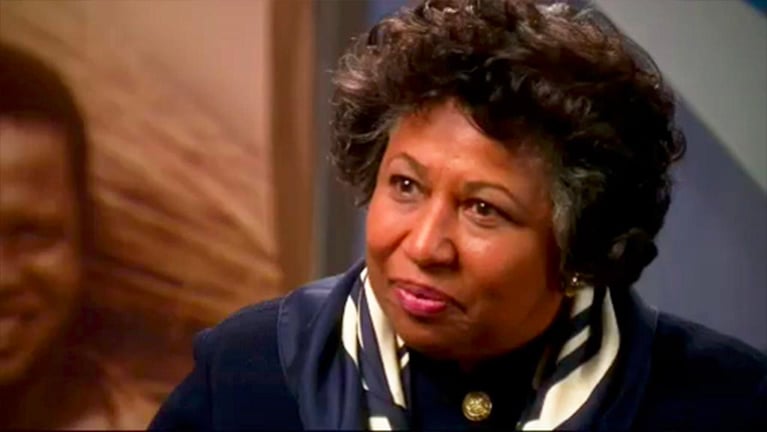
Personal memories of a march
Former U.S. Senator Carol Moseley-Braun describes her experience as a young girl in 1966 marching with Dr. King through Gage Park in Chicago.
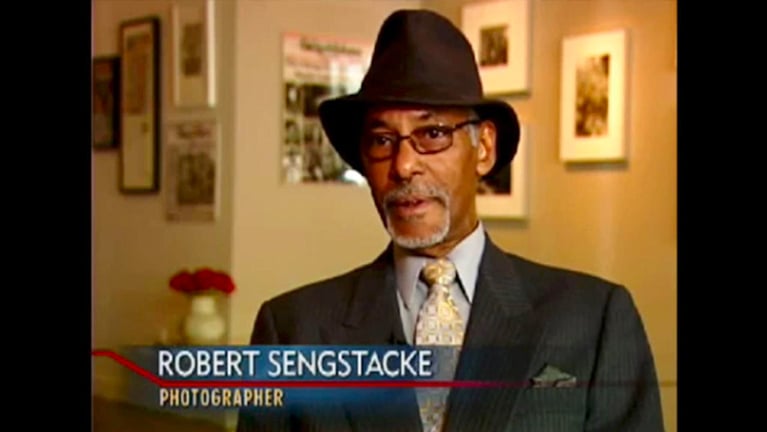
Photographer Robert Sengstacke
Robert "Bobby" Sengstacke calls himself a "painter with a camera." In this 2008 "Chicago Tonight" segment, meet this legendary photographer who captured the lives of African Americans during the civil rights era.
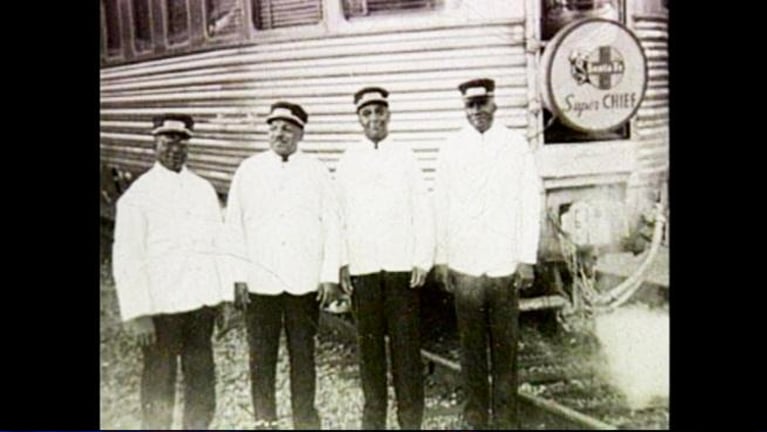
Pullman Porters
A glimpse into the history of the Pullman porters excerpted from WTTW's "Chicago Stories: Pullman Porters."
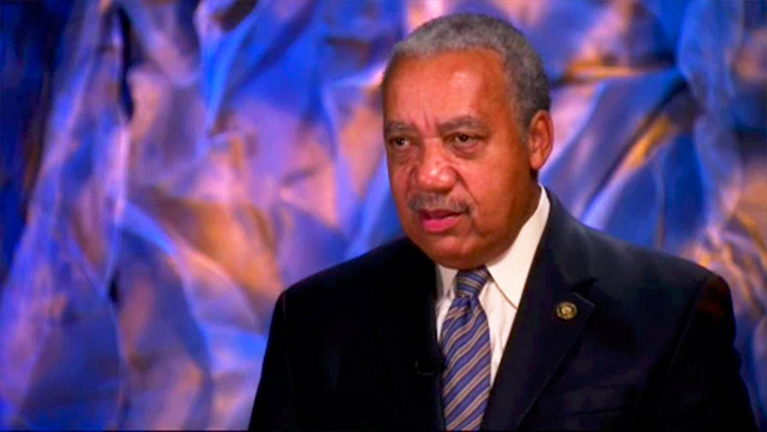
Reed on the riot
Author and historian Dr. Christopher Reed talks about the Race Riot of 1919.
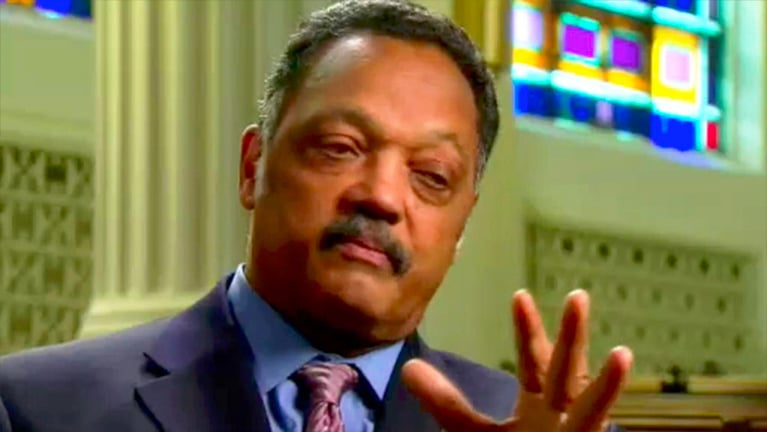
Rev. Jesse Jackson: Harold Washington
Rev. Jesse Jackson describes how leaders in the black community convinced Harold Washington to run for mayor and how his campaign is irrefutably linked to the legacy of Dr. Martin Luther King's 1966 Chicago Freedom Movement.
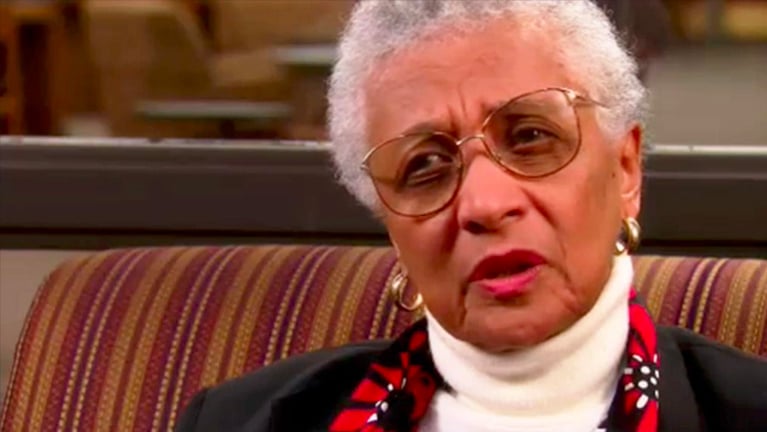
Slaves in the Illinois salt mines
Glennette Tilley Turner, an expert on Illinois' Underground Railroad, talks about slavery in the salt mines of Equality, Illinois.
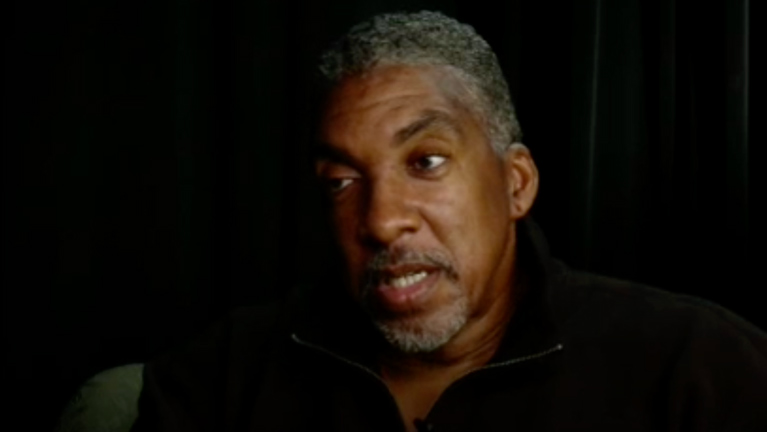
Stan Shaw: Black Panther Party
Chicago born actor Stan Shaw shares his memories about the Black Panther Party and suggests that fear of the unfamiliar drove the plot to murder Fred Hampton.
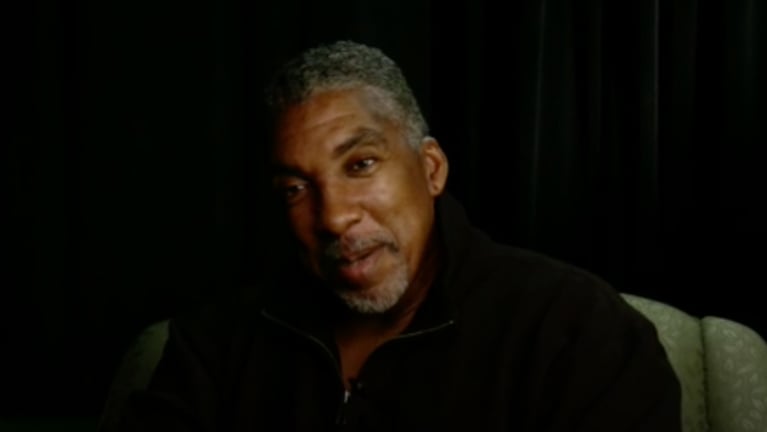
Stan Shaw: Family
Actor Stan Shaw talks about his musical family -- his father, noted blues saxophonist Eddie Shaw, and his brother, guitarist Eddie "Vaan" Shaw Jr. -- and shares memories of hanging out at his father's club.
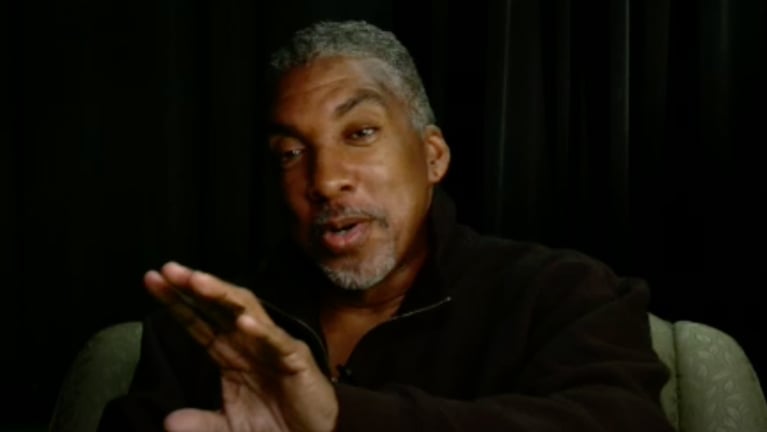
Stan Shaw: Growing Up In Chicago
Film and television actor Stan Shaw tells stories about growing up on the West Side of Chicago in the 1960s.
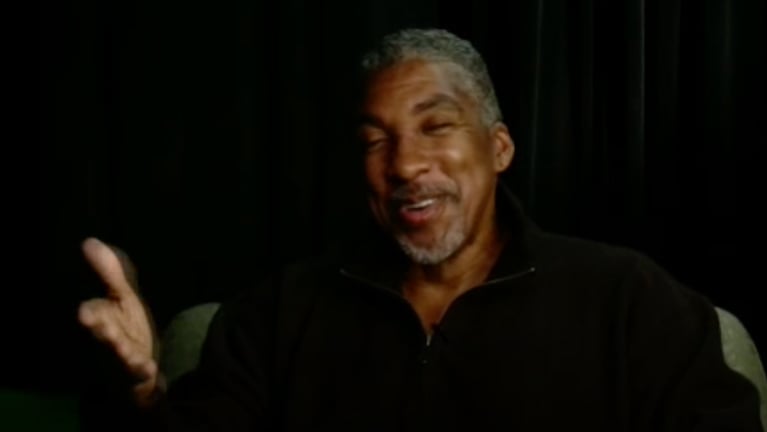
Stan Shaw: "Roots" miniseries
Native Chicagoan, Stan Shaw, who appeared in the 1979 miniseries "Roots: The Next Generations," recalls what is was like to film the breakthrough series.
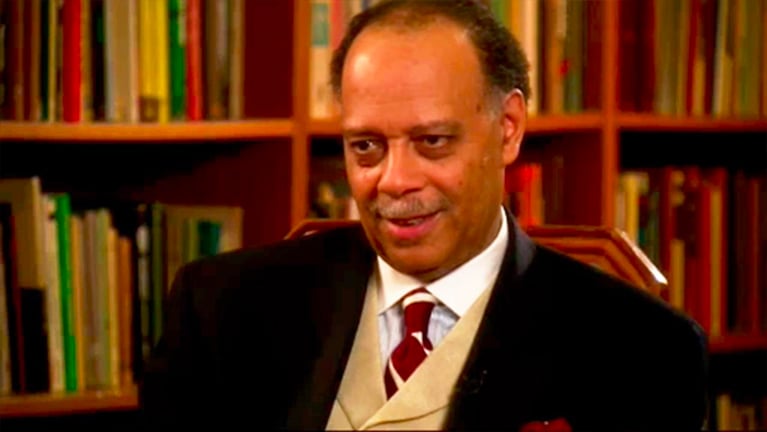
The Black Arts movement
Poet, essayist, and publisher Haki Madhubuti describes the formation of the Black Arts movement.
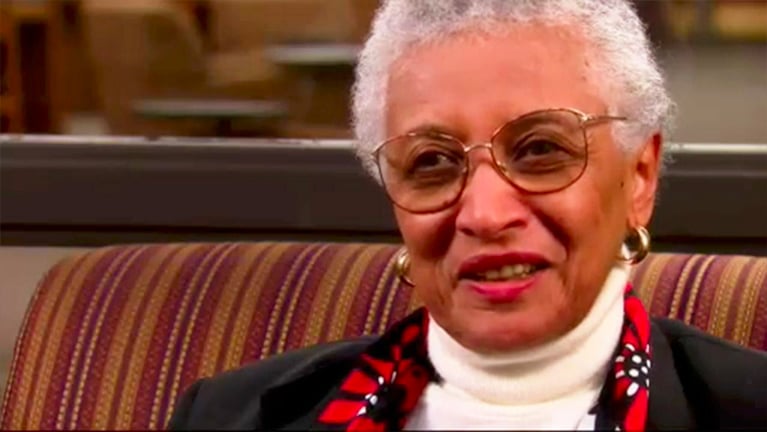
The Black Codes
Author and historian Glennette Tilley Turner describes the harsh restrictions of the black codes.
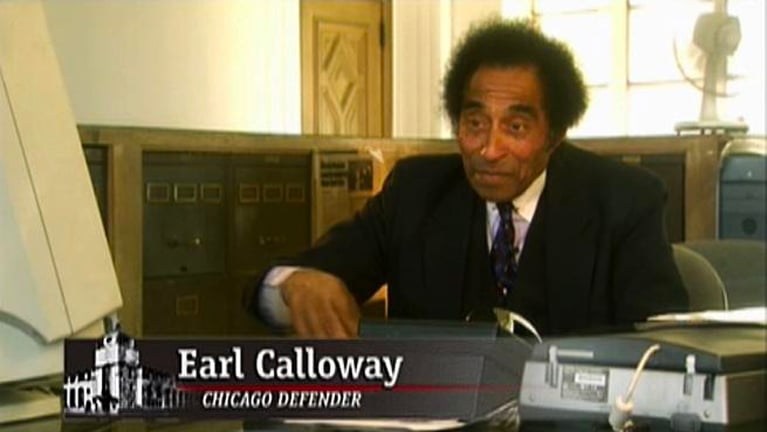
The Chicago Defender
Robert Abbot, publisher of the "Chicago Defender," found ingenious ways to deliver the paper to southern states that had banned it. Excerpt from WTTW's documentary, "The Paper Trail."
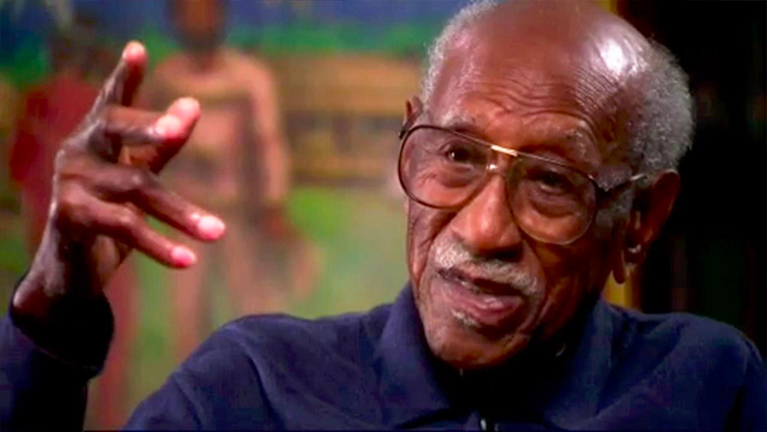
The explosive reaction
Noted author and historian, Timuel Black, describes the African American community's reaction to Till's Lynching.
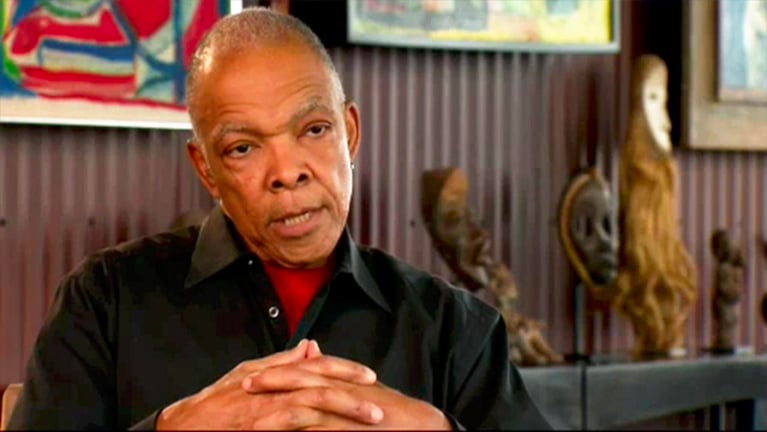
The influence of the Black Power movement
Tom Burrell explains how the "Black is Beautiful" movement inspired him to bring positive images of blacks into advertising.
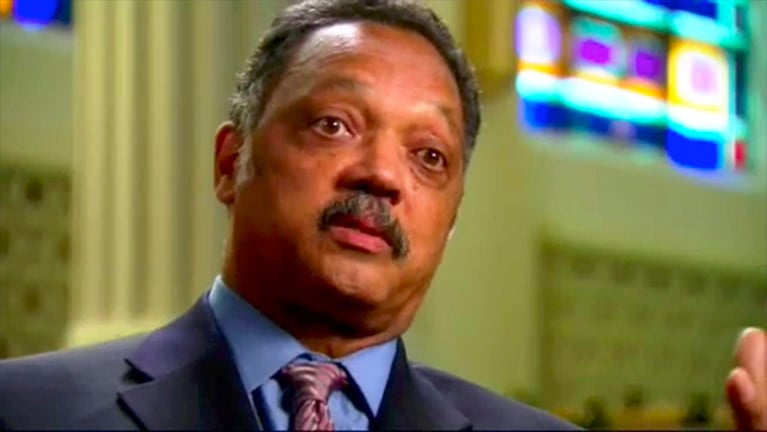
The legacy of racism
Civil rights leader Jesse Jackson explains how the legacy of racism affects the progress of African Americans.
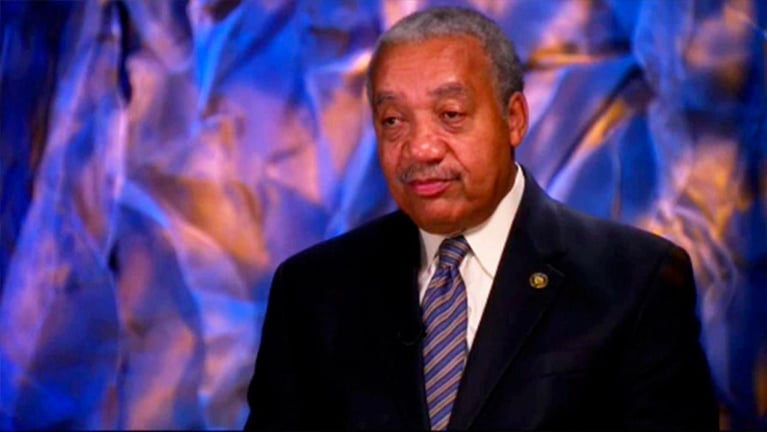
The need for Provident Hospital
Historian Dr. Christopher Reed discusses the conditions in the black community in the late 1800s and the need for a hospital to serve the people living there.
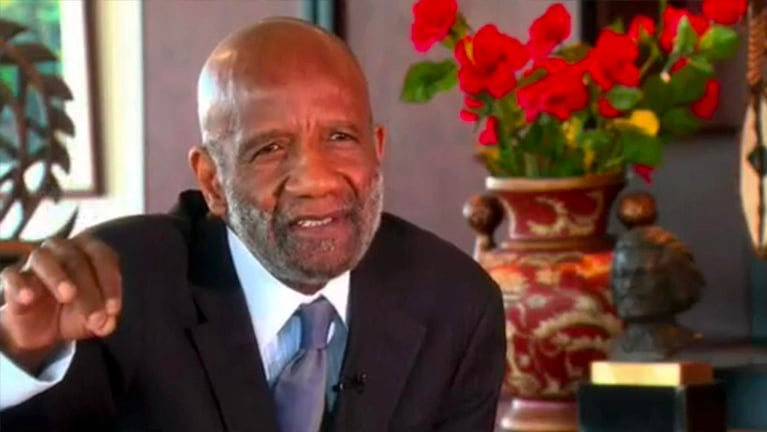
There's still work to be done
Noted author and social historian Lerone Bennett explains that despite Obama's election there is still work to be done to achieve racial parity in the United States.
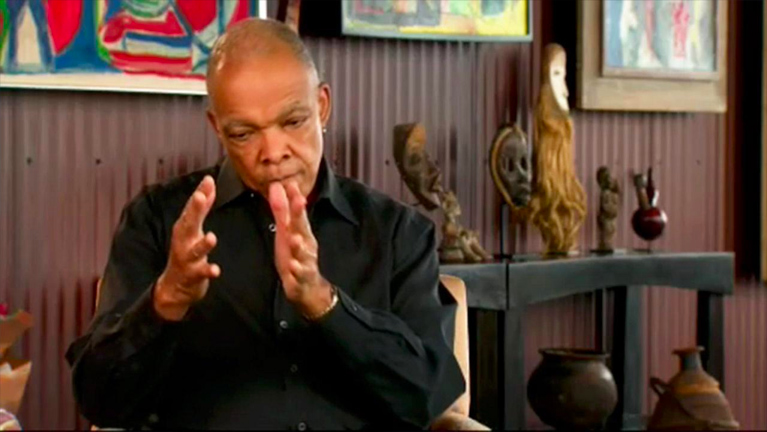
Today's damaging images
Tom Burrell tells why negative images of African Americans today are more damaging than those from earlier generations.
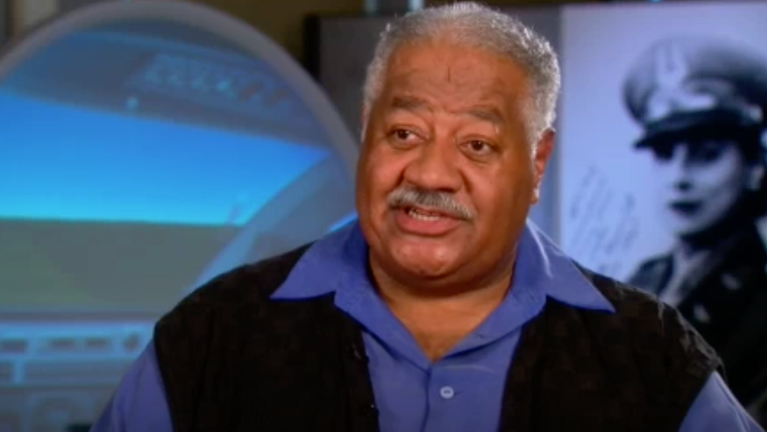
Tyrone Haymore: Black Aviation
Black aviation historian Tyrone Haymore reveals the personalities of John Robinson and Cornelius Coffey and describes their coincidental first meeting.
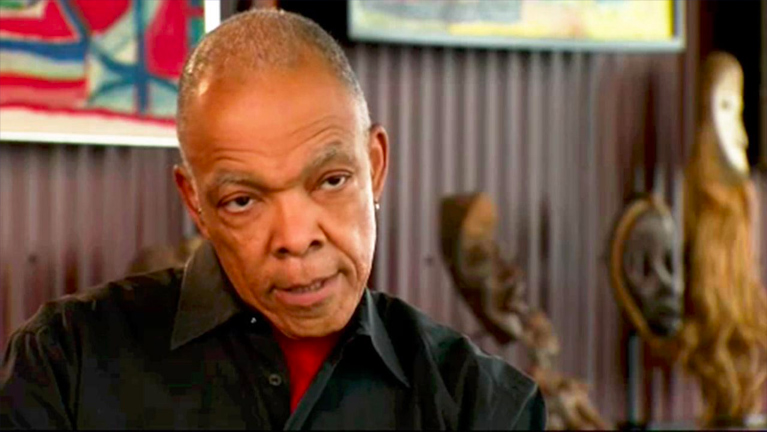
What did advertisers fear?
Tom Burrell recalls why corporate advertisers were fearful that blacks in television commercials would turn off white viewers.
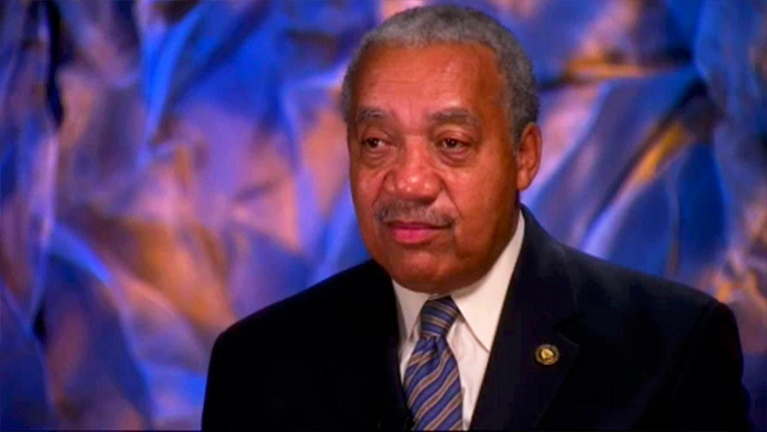
Why blacks headed north
Noted historian Dr. Christopher Reed explains why blacks headed north during the Great Migration.
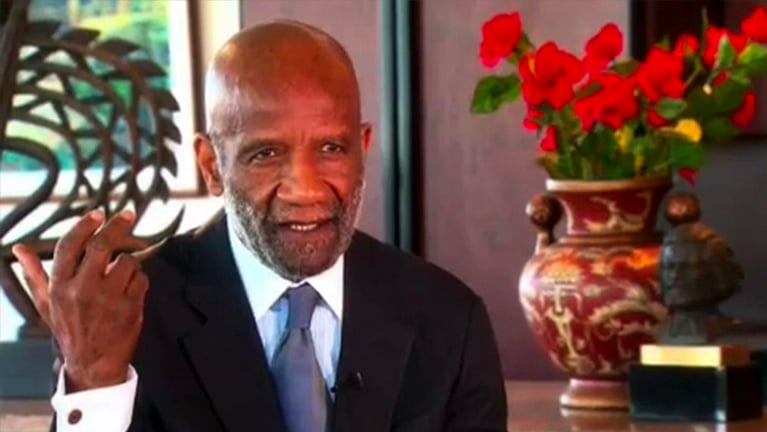
Why was Johnson so successful?
Lerone Bennett, a 50 year veteran of Ebony's editorial staff, describes how Johnson's success was in creating a picture magazine in which blacks could see themselves and read articles written from their perspective.
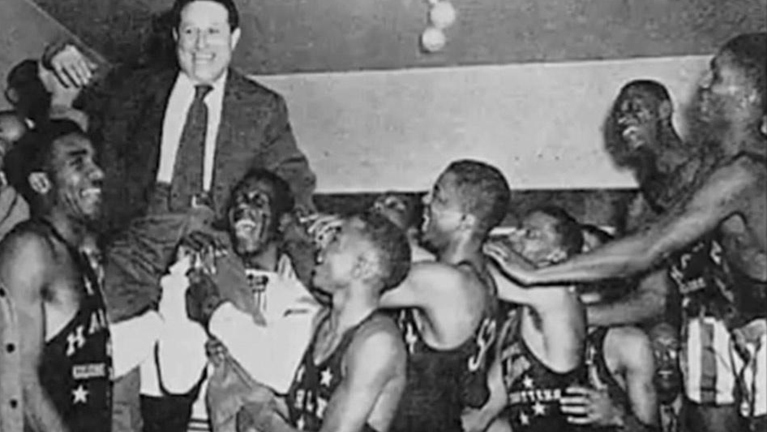
The best athletes on the court
The Globetrotters put clowning aside to beat the champion Minneapolis Lakers in a 1948 exhibition showdown.
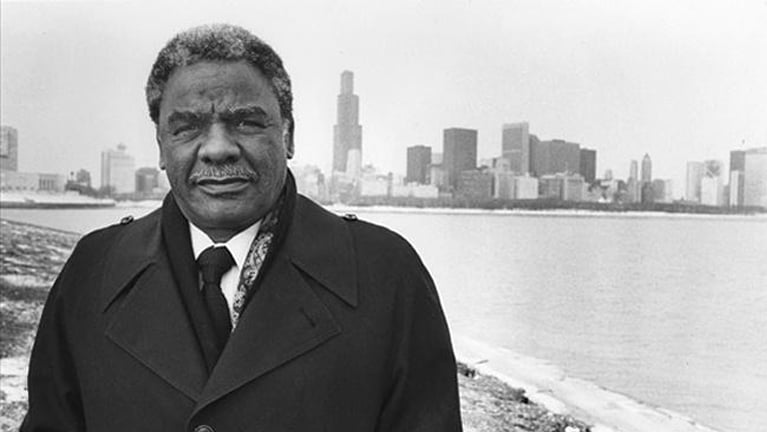
Harold Washington
Harold Washington (1922 - 1987) was Chicago's first black mayor.
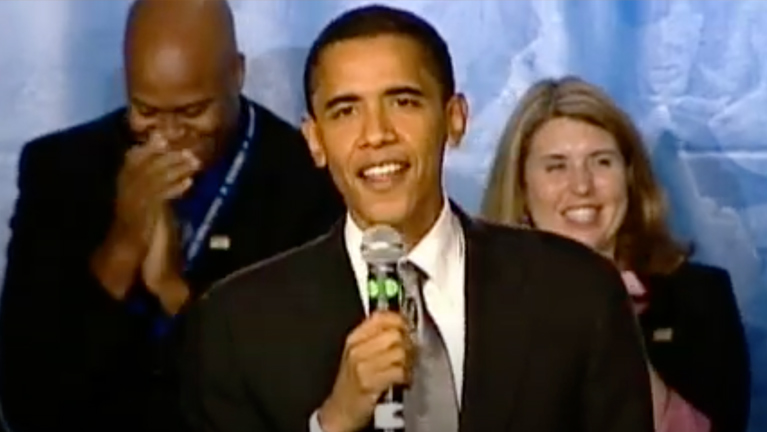
DuSable to Obama: Achieving the Dream
Includes: the death of a Black Panther; John White Pictures the 70's; Soul Train; Advertising Black Pride; Chicago's Black Theater; Jesse Jackson; the Nation of Islam; Harold Washington; Carol Moseley-Braun; and Barack Obama.
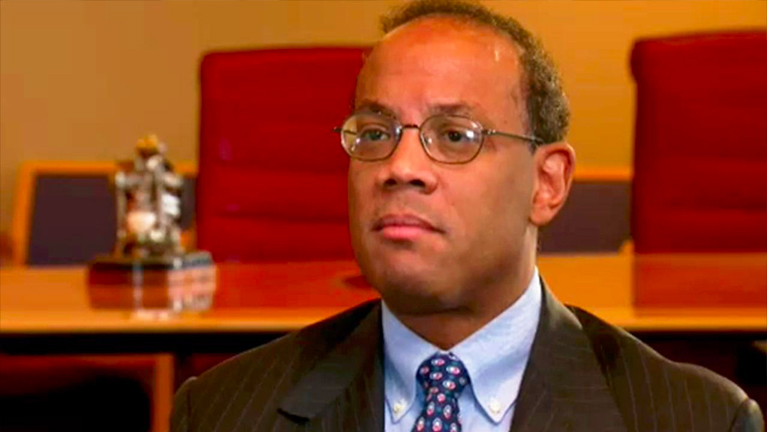
John Rogers: Dr. King
Businessman and civic leader John Rogers reflects on the work of Dr. Martin Luther King and its strong relevancy today.
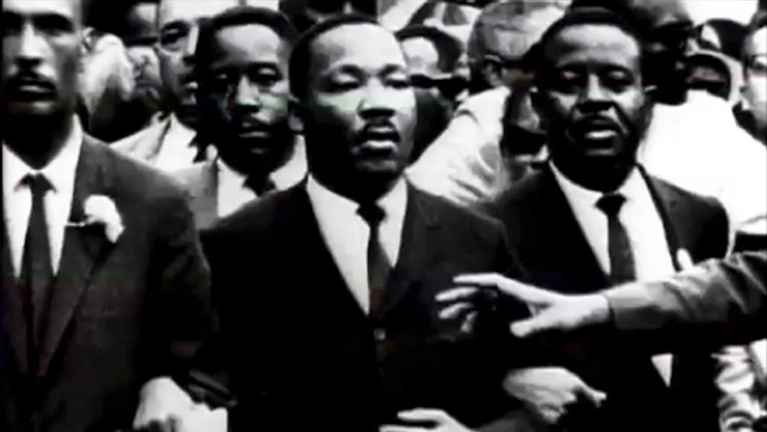
Dr. King's Chicago Crusade
The story of Dr. Martin Luther King's Chicago's Freedom Movement.


